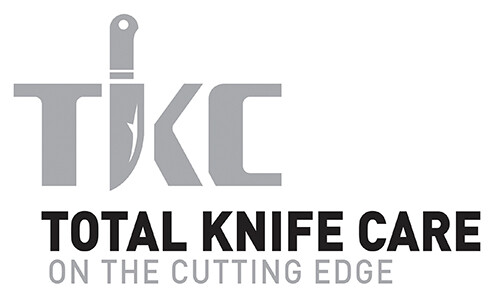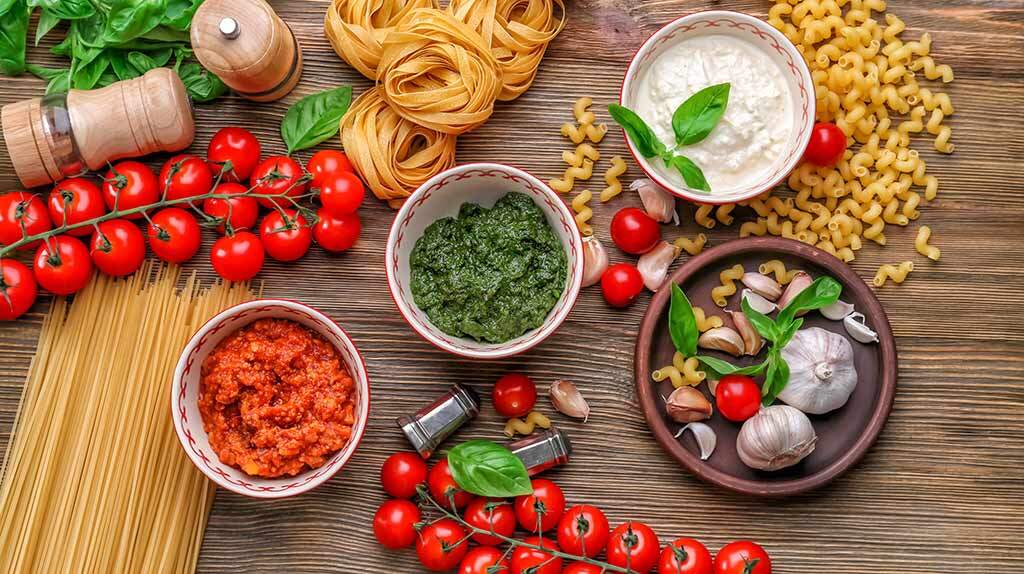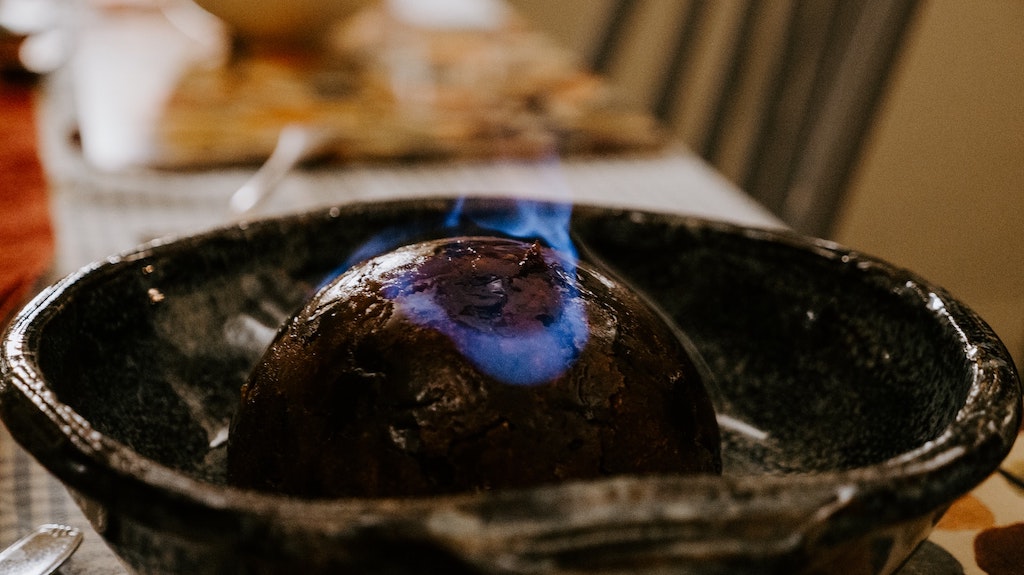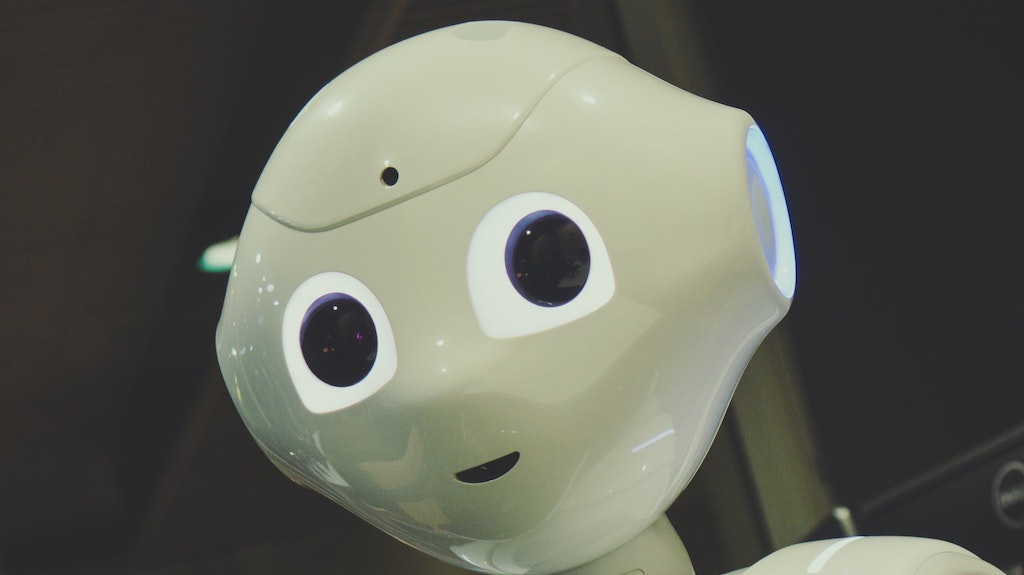The science of food
Up until Heston Blumenthal came along, making good food was an art. Now it’s a science. And, according to US culinary scientist (note: not ‘artist’) and author of ‘Ingredient – Unveiling the essential elements of food’ Ali Bouzari, it actually is a lot more complicated than rocket science.
Before you do anything with food, such as heat it up or chop it up (with your I.O.Shen of course), it’s already changing – the proteins in meat or fish or cheeses are ‘disintegrating’ and sugar levels in fruit and vegetables are constantly changing. This makes it pretty hard to come up with the same good result consistently as all these variables are, well, varying, in ways they didn’t last time you made that perfect hollandaise.
If that’s the bad news, the good news is that, most of the time, you can avert disaster by staging a ‘do-over’. Even where it might seem that a process is irreversible, you can often fool the tastebuds even if you’ve cheated a little. Bouzari suggests a workaround with hollandaise sauce where, although tipping whatever you have ended up with into a blender won’t fix the sauce from a purists point of view, it will fool most people’s tastebuds, including the purists.
Sometimes things have gone too far for a workaround solution, but even here there may be a solution, although it may require a slight change to the menu. Bouzari suggests ‘pivoting’ and creating something completely new with what you have – if your steak has come out tough and dry for example, it can be minced to make a great Bolognese sauce, or mushy rice can be used in croquettes. Apparently pro chefs around the world are even burning onions on purpose to add into spices and marinades for that smoky/sweet flavour.
So next time things aren’t going too well in the kitchen, resist the temptation to give up, throw all the food in the bin and order takeaway – stop, calm down and ‘pivot’. Or feed the food to the dog/cat/chickens.
The other little snippet of information given to us recently by the experts, is a rich source of food poisoning we may all have been unaware of – cookbooks in the kitchen. According to an article in that leading UK medical journal The Sun, cookbooks should not be kept in the kitchen as ‘potentially fatal bacteria could be clinging to the pages’.
The main cause it turns out, is opening the cookbook at your favourite recipe a few weeks after you did exactly the same thing. The pages may look OK but could still have the remains of splashes of food from the last outing which have been sitting there fermenting, or whatever bacteria do. You then touch the page, put your fingers in the food you are preparing and hey presto! – cross contamination.
And if you’re thinking ‘that’s OK – I use an iPad’, just consider where it may have been or who might have handled it before. UK ‘illness expert’ Richard Conroy (who runs an illness compensation business) suggests printing out a recipe for one time use only and throwing it out afterwards.
We wonder how many of the 5 million or so* cases of food poisoning in Australia are down to this little known hazard?
PS The experts also advise regularly washing hands in hot soapy water, disinfecting surfaces and giving those tablets a good wipe. But we knew all that.
Further Reading
When things go wrong in the kitchen
The hidden danger in your kitchen
*http://www.australasianscience.com.au/article/issue-december-2012/tis-season-get-food-poisoning.html






